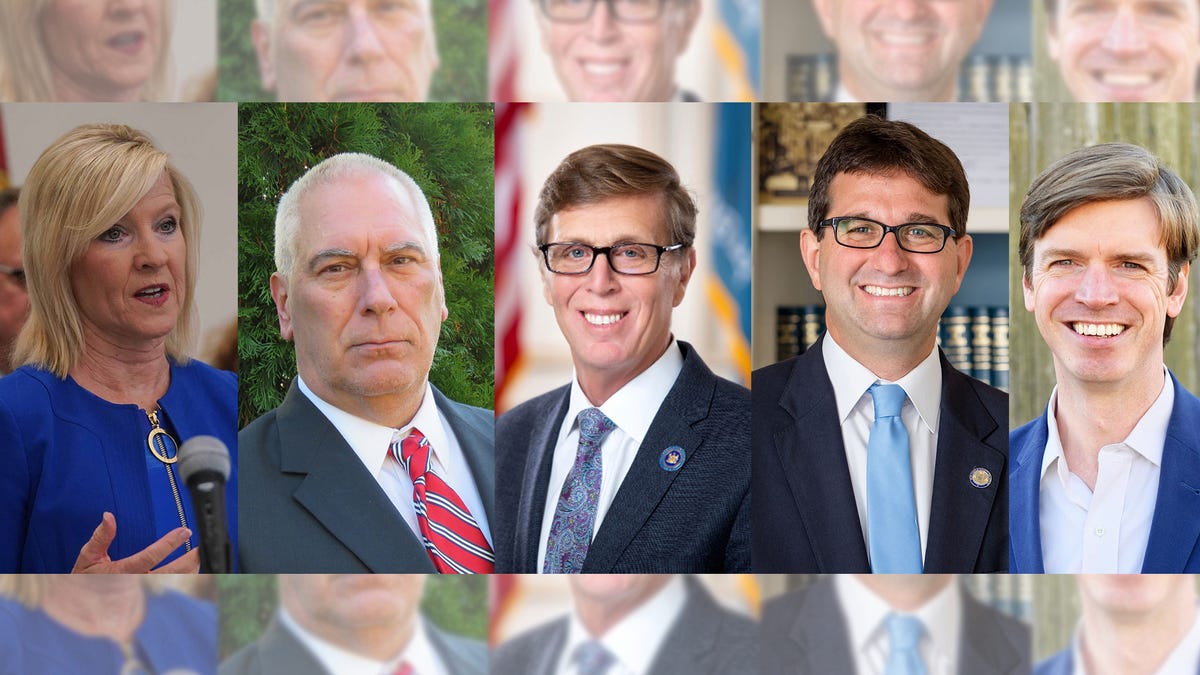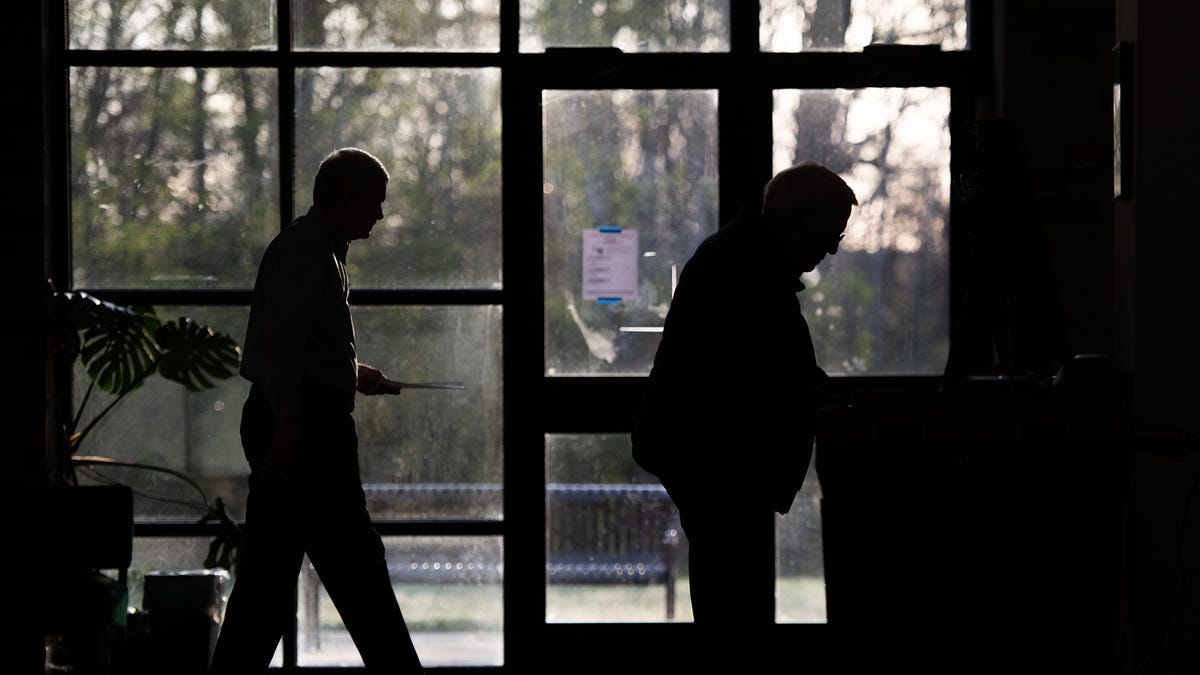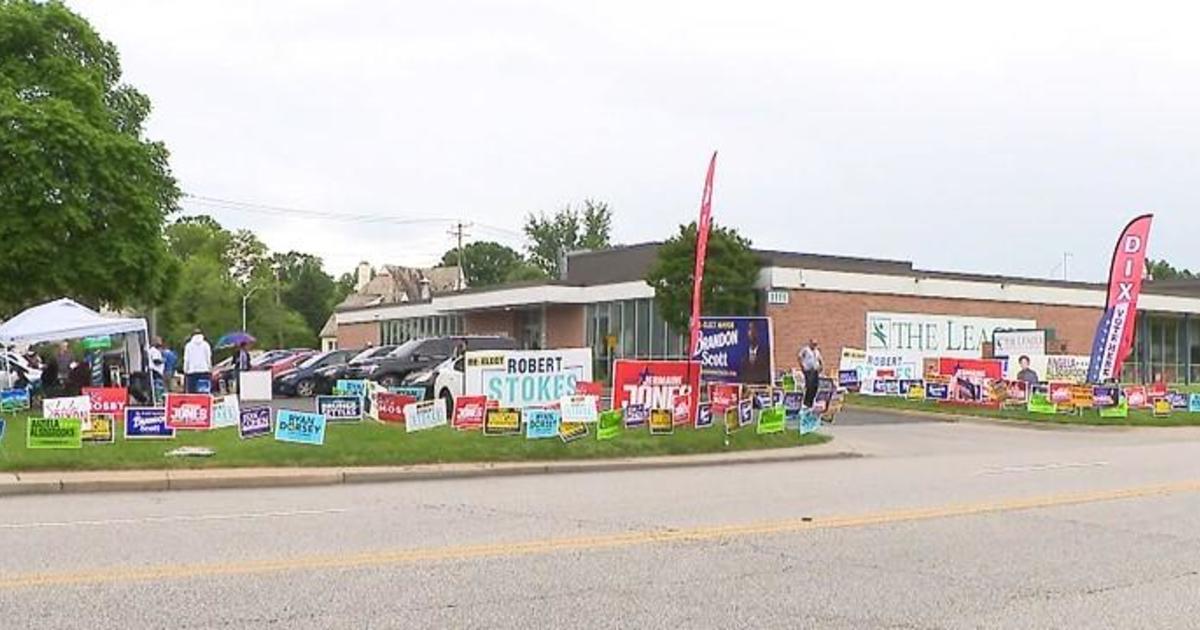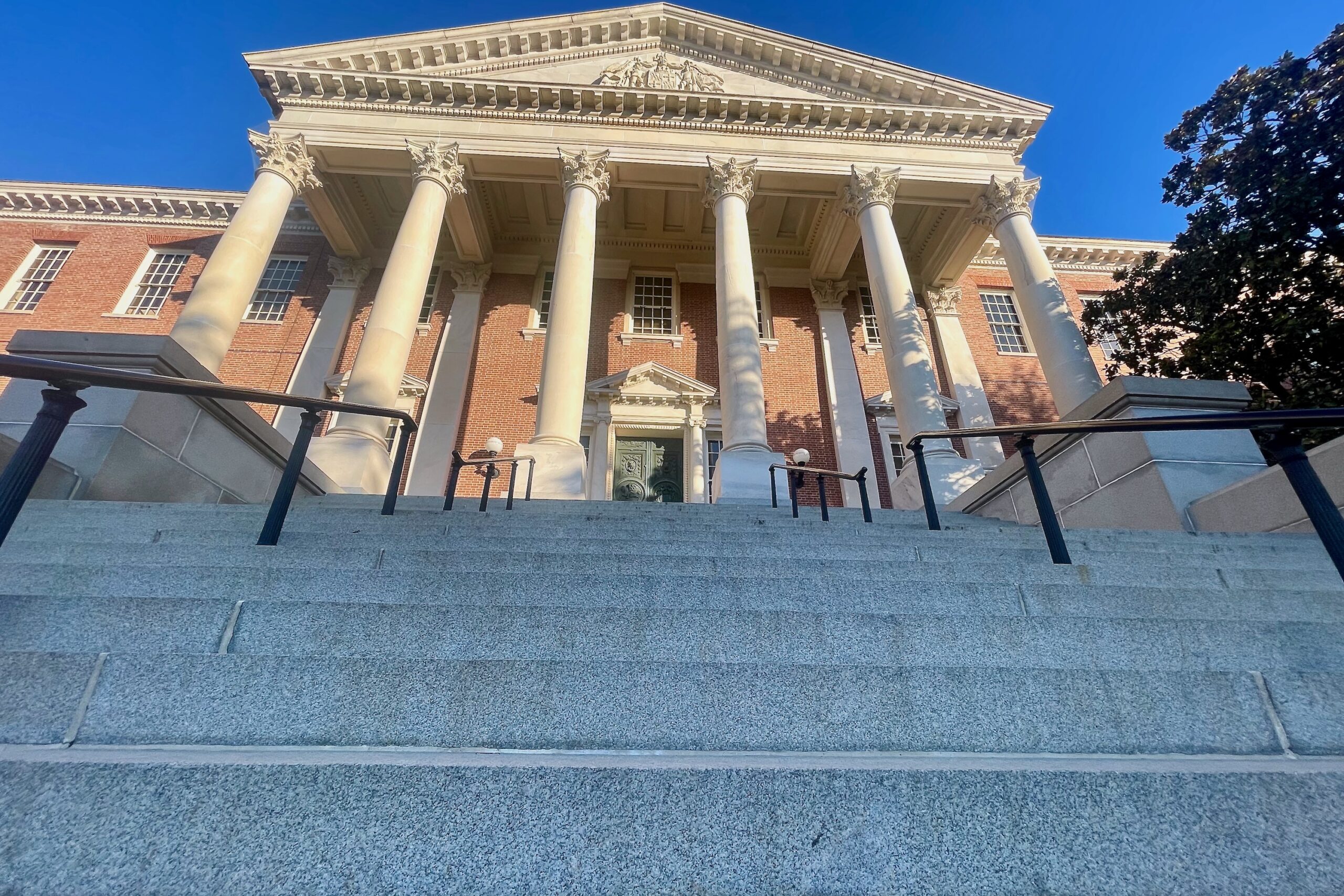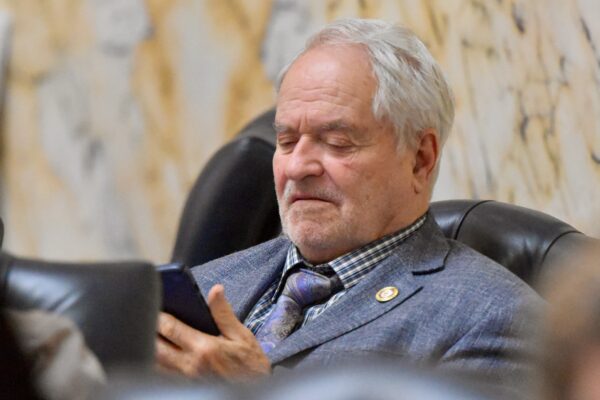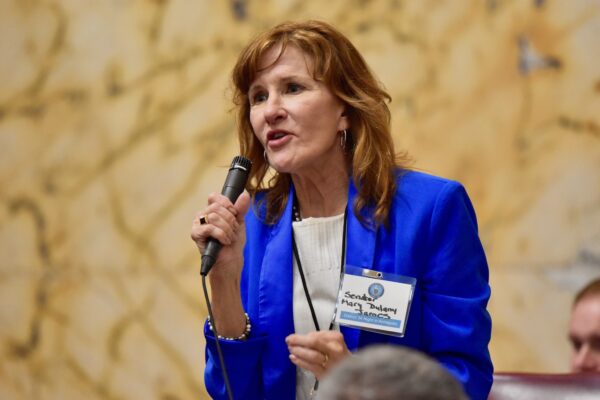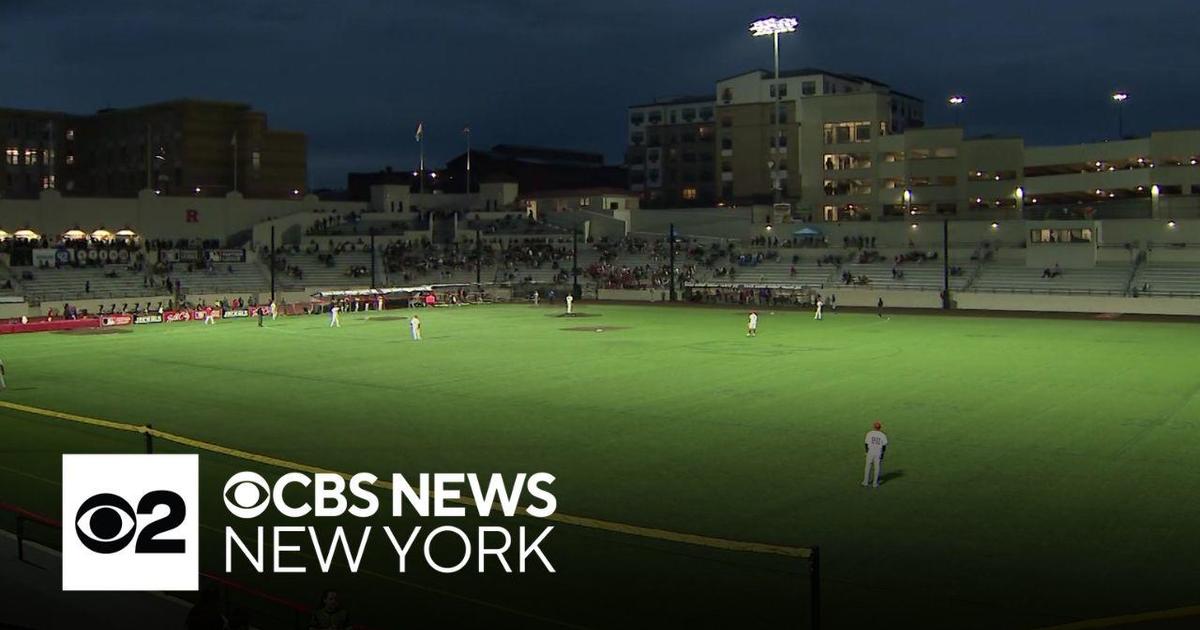CNN
—
A Maryland town swore in Black lawmakers Monday for the first time in its 200-year history.
Last month, residents in Federalsburg, Maryland, a small town on the state’s Eastern Shore, elected Brandy James and Darlene Hammond to the town council, representing the town’s first majority-Black District 1.
Their victory came after a legal battle over Federalsburg’s election system, which local voting rights advocates said had deprived Black residents of representation for decades.
Both James and Hammond took the oath of office Monday evening.
For James, the election continues a family tradition of working in politics after her father, Rev. Charles T. Cephas, Sr., became the first Black mayor of Hurlock, Maryland, in 2021.
“It was a thankful moment that I was able to win this election not only to help my community but to pay homage to those who paved the way for people of color and different ethnicities to be able to go to the town hall and vote, to be able to have the right to vote,” she told CNN.
CNN has reached out to Hammond for comment.
In 2022, the American Civil Liberties Union of Maryland, the Caroline County NAACP and other voting rights organizations wrote a letter to the Federalsburg mayor, asking the town to reform its at-large election system.
For decades, lawmakers in the town were elected or appointed by government officials, which had historically resulted in an all-White government. In a letter to the town’s mayor, the ACLU had argued instead for a district electoral model.
“There is no better way to address (Black residents’) needs than to have direct representation by someone from the community who has a seat at the table of the Town government,” the organization said in the letter.
After months without progress, the ACLU of Maryland and seven Black Federalsburg residents – including Hammond – filed a federal lawsuit against the town.
“The Town’s election practices, and structure unlawfully conspire with patterns of racial polarization in voting to empower Federalsburg’s white majority to override and dilute the influence of Black voters, suppress Black candidacies, and prevent Black residents from electing their chosen representatives,” the lawsuit said.
In June, the Federalsburg town council approved a resolution to change the election model to a new two-district voting system map.
James and Hammond were elected in September.
Nearly 43% of voting age residents in Federalsburg are Black, according to an analysis by the ACLU of Maryland, citing US census data. Now, for the first time, those residents have two Black representatives on the town council.
James, who is a crisis intervention team manager and teaches criminal justice at Chesapeake College, said some of her priorities while in office are to review accessibility with the voting system and revamp the town’s senior center.
“While this is a huge victory and long overdue for 200 years, I feel there is residue left of 200 years that we still have to go through and clean up,” she said.






